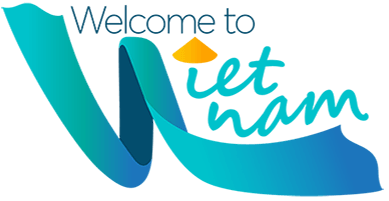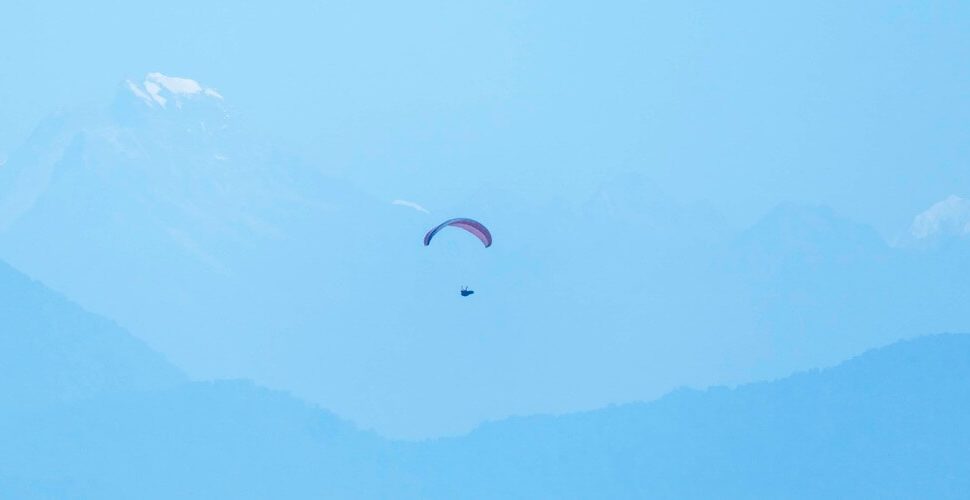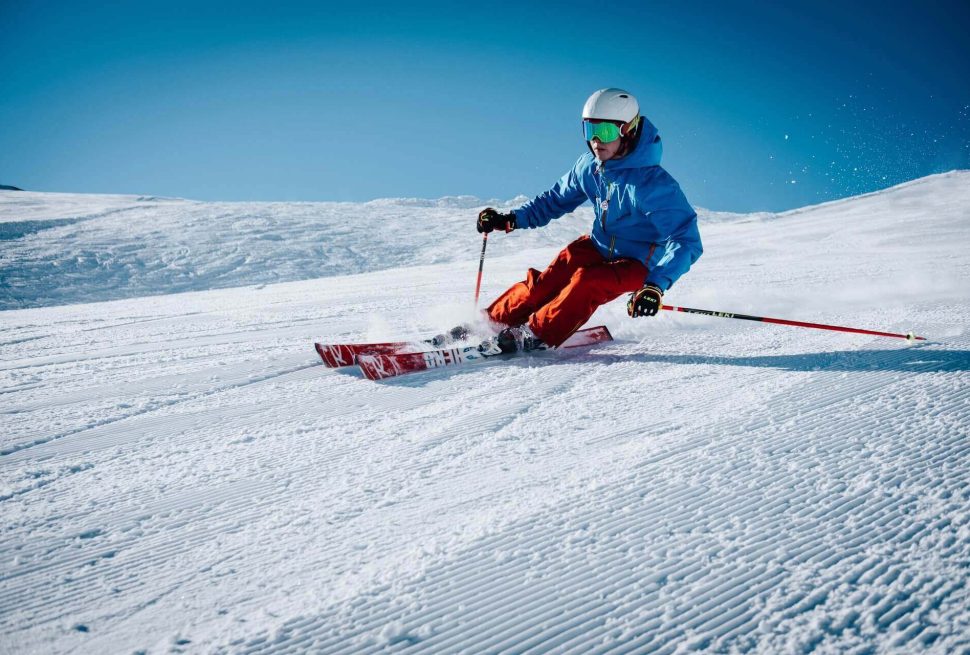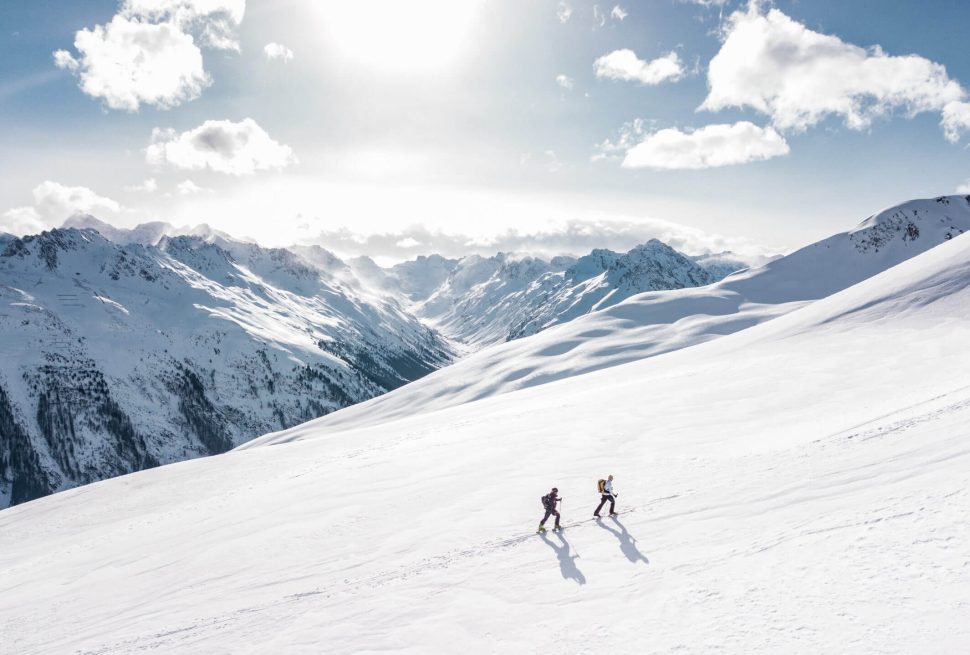Vietnam is a land of breathtaking landscapes, rich history, and vibrant culture. From the bustling streets of Hanoi to the serene waters of Halong Bay, the country offers a diverse range of experiences for every traveler. To make the most of your trip and ensure a smooth journey, it’s essential to be well-prepared. This comprehensive guide covers everything you need to know before setting foot in this captivating Southeast Asian nation.
Visa and Entry Requirements
Before traveling to Vietnam, securing the appropriate visa is crucial. Vietnam offers several types of visas depending on the length and purpose of your stay. For visits under 30 days, the e-visa is a convenient option that you can apply for online. If you plan to stay longer than 30 days, consider applying for a visa on arrival, which requires a pre-approval letter obtained before your trip.
It’s important to note that visa regulations can change frequently, so always check the latest information from official Vietnamese government sources or consult with the Vietnamese embassy or consulate in your country. Additionally, ensure your passport is valid for at least six months beyond your planned departure date from Vietnam.
Flights to Vietnam
Vietnam is served by two main international airports: Noi Bai International Airport in Hanoi and Tan Son Nhat International Airport in Ho Chi Minh City. While both cities offer a gateway to the country’s diverse regions, flights to Ho Chi Minh City often tend to be less expensive.
When booking your flight, aim for about six to eight weeks before your departure date to find the best deals. If you’re traveling during the peak tourist seasons, such as Tet (Vietnamese New Year) or the summer months, consider booking even earlier to secure your preferred flights and accommodations.
Health and Safety
Your health and well-being are paramount while traveling. It’s recommended to visit a healthcare professional before your trip to discuss necessary vaccinations, such as Diphtheria, Tetanus, Polio (DTP), Hepatitis A, and Typhoid if you’re staying longer than two weeks.
Protect yourself against mosquito-borne illnesses like malaria and dengue fever by using insect repellent containing DEET and wearing long-sleeved clothing in the evenings.
When it comes to food and water, exercise caution. Always drink bottled water and avoid tap water, even for brushing your teeth. Enjoy the delicious local cuisine, but ensure that foods like soups are served hot and meats are thoroughly cooked.
Be mindful of consuming raw vegetables and salads unless you’re confident in their preparation. Additionally, avoid contact with animals to reduce the risk of rabies and other zoonotic diseases.
Scams and How to Avoid Them
While Vietnam is generally safe, being aware of common scams can help you avoid unnecessary troubles. In markets and shops, always double-check your change to prevent overpaying due to currency confusion.
Use reputable taxi companies and insist on using the meter to avoid inflated fares; apps like Grab can be reliable alternatives. Be cautious of unsolicited offers from strangers, such as shoe shiners or individuals insisting on providing a service you didn’t request.
When renting motorbikes or bicycles, inspect the vehicle thoroughly and document any existing damage to avoid disputes later. Purchase tickets for attractions or transportation from official sources or trusted travel agencies to steer clear of counterfeit tickets or overpricing.
Traffic Safety
Navigating Vietnamese traffic can be an adventure in itself. The roads are often crowded with a mix of cars, buses, motorbikes, and pedestrians, all weaving in a seemingly chaotic flow. If you’re renting a motorbike, ensure you have the proper license and always wear a helmet.
Stay alert, drive defensively, and follow the local practice of honking gently to signal your presence. When crossing streets, move at a steady pace and allow the oncoming motorbikes to anticipate your path; sudden stops or darts can be more dangerous than proceeding calmly.
Cultural Etiquette and Customs
Respecting local customs enhances your travel experience and fosters positive interactions with the Vietnamese people. Dress modestly, especially when visiting temples, pagodas, or rural areas. While casual attire is acceptable in big cities, avoid wearing swimwear or overly revealing clothing outside of beach areas.
Always remove your shoes before entering someone’s home and, in some cases, shops or accommodations that request it. Show deference to elders and monks by not touching them and offering seats to older individuals when possible.
Use both hands or your whole hand when pointing or gesturing, as pointing with a single finger can be considered rude. Maintain a calm demeanor in public spaces and refrain from overt displays of affection.
Money Matters
The official currency of Vietnam is the Vietnamese Dong (VND). While U.S. dollars are accepted in some larger hotels and establishments, it’s advisable to carry local currency for most transactions. Exchanging money is often most favorable at gold and jewelry shops, which offer competitive rates without additional fees. ATMs are widely available in urban areas, but always notify your bank of your travel plans to avoid any issues with card usage.
Bargaining is a common practice in markets and small shops. Approach negotiations with a friendly attitude, and remember that a smile goes a long way. It’s part of the cultural experience, so enjoy the process, but also be fair and respectful in your offers.
Language Basics and Communication
Learning a few basic Vietnamese phrases can greatly enhance your interactions. Simple greetings like “Xin chào” (hello) and “Cảm ơn” (thank you) are appreciated. English is spoken in tourist areas, but outside of those, communication might be a challenge.
Useful apps like Google Translate can assist in bridging the language gap. For navigation, apps like Google Maps or Maps.me are invaluable, especially when exploring on foot or by motorbike. Staying connected is relatively easy, with free Wi-Fi available in many hotels, cafes, and restaurants. Consider purchasing a local SIM card for convenient internet access on the go.
Transportation
Vietnam offers a variety of transportation options. In cities, buses and taxis are affordable means of getting around. Motorbike taxis, known as “xe ôm,” are a quick way to navigate traffic, but always agree on a fare beforehand or use a ride-hailing app like Grab for transparency. Renting a motorbike gives you freedom but comes with risks due to traffic conditions and differing driving norms. If you choose to drive, ensure you’re comfortable with the road culture and have adequate insurance.
When crossing streets, adopt the local method: walk steadily and predictably without sudden stops. Traffic will flow around you, but it’s crucial to maintain a consistent pace to allow drivers to anticipate your movement.
Accommodation
A range of accommodations suits every budget in Vietnam, from luxury hotels to budget hostels and homestays. When booking, especially during peak seasons, it’s wise to reserve in advance. Reading recent reviews can provide insights into the quality and service of the establishment.
Staying in a homestay offers a unique opportunity to experience Vietnamese family life and culture firsthand. Always respect house rules and customs to ensure a pleasant stay for both you and your hosts.
Food and Dining
Vietnamese cuisine is renowned for its freshness and flavor. Don’t miss out on iconic dishes like Pho (noodle soup), Banh Mi (baguette sandwich), and fresh spring rolls. Street food is a highlight of the culinary scene; choose stalls that are busy with locals, indicating high turnover and fresh ingredients. If you have dietary restrictions, learn key phrases or have them written down to communicate your needs effectively.
Dining in Vietnam is often a communal experience. Sharing dishes is common, and it’s polite to wait for the eldest person to start eating before you begin. Chopsticks are the primary utensils; avoid sticking them upright in a bowl of rice, as this resembles incense sticks used in rituals for the deceased.
Climate and Packing Tips
Vietnam’s climate varies significantly from north to south. The north experiences four seasons, including a cooler winter, while the south is tropical year-round with a wet and dry season. Central Vietnam has its own weather patterns, often with heavy rains from September to November.
Research the climate of your specific destinations and pack accordingly. Essentials include lightweight clothing, a waterproof jacket, comfortable walking shoes, and sun protection like hats and sunscreen. Don’t forget insect repellent and any necessary medications.
Attractions and Activities
Vietnam boasts a wealth of attractions to suit all interests. History enthusiasts will appreciate the ancient streets of Hanoi’s Old Quarter and the imperial citadel of Hue. Nature lovers can explore the limestone karsts of Halong Bay or trek through the rice terraces of Sapa.
The charming town of Hoi An offers a blend of historical architecture and vibrant markets. Engaging in cultural activities like cooking classes, traditional music performances, or participating in local festivals enriches your travel experience. Remember to practice responsible tourism by respecting the environment and local customs.
Legal Considerations
Familiarize yourself with Vietnam’s laws to avoid inadvertent offenses. Drug laws are strict, with severe penalties for possession and trafficking. Be cautious when photographing military installations or border areas, as this may be prohibited.
Always carry a copy of your passport and visa; police may request identification, and it’s safer to leave the original documents secured in your accommodation. When purchasing souvenirs, be aware of regulations regarding the export of antiques or protected wildlife products.
Budgeting Your Trip
Vietnam is a budget-friendly destination, but costs can vary depending on your travel style. On average, budget travelers can expect to spend around $30-50 USD per day, covering accommodations, meals, and local transportation. Mid-range travelers might budget $50-100 USD per day for more comfortable lodging and dining options. Luxury travelers can enjoy high-end experiences starting from $100 USD per day. Save money by eating at local eateries, using public transportation, and bargaining respectfully in markets.
Emergency Information
Being prepared for emergencies provides peace of mind. Important contact numbers include the police at 113, ambulance services at 115, and the fire department at 114. Keep a list of your country’s embassy or consulate contact details in Vietnam.
In case of lost documents or belongings, report to the local police and inform your embassy. For medical emergencies, urban areas have hospitals and clinics with varying levels of English proficiency; international clinics are available in major cities for higher-standard care.
Safety and Crime Prevention
Vietnam is generally a safe country for travelers, with low instances of violent crime. However, petty theft can occur, especially in crowded tourist areas. Keep your valuables secure and be mindful of your surroundings. Use hotel safes when available, and avoid displaying expensive items openly.
At night, stick to well-lit and populated areas, and consider traveling in groups when possible. Solo travelers should inform someone of their itinerary and check in regularly.
The Vietnamese People and Culture
Understanding the local culture enhances your interactions and experiences. The Vietnamese are known for their friendliness and hospitality. They value respect, particularly towards elders and those in authority. The country has a complex history, and while the younger generation looks towards the future, older individuals may have memories of past conflicts. Showing interest in the culture, traditions, and language is often met with warmth and appreciation.
Sustainability and Responsible Travel
As a visitor, you can contribute positively to Vietnam’s environment and communities. Support local businesses by purchasing handmade goods and dining at family-run restaurants. Reduce plastic waste by carrying a reusable water bottle with a filter. Respect natural sites by staying on designated paths and not disturbing wildlife. Engage with cultural activities in a way that is respectful and mindful of their significance.
Conclusion
Traveling to Vietnam promises an unforgettable journey filled with rich experiences and lasting memories. By preparing adequately and embracing the local customs, you enhance not only your trip but also foster meaningful connections with the people and places you encounter. Remember to stay open-minded, respectful, and curious. Safe travels, and may your adventure in Vietnam be everything you hope for and more.
Hi, Since you made it this far, here’s a bonus for you. Somemore tips for you 😀
-
- You’re gonna taste one of the best coffees in the world.
- Crossing roads as a pedestrian is russian roulette. But, crossing the street is easy. Just walk forward at a steady pace and let the traffic flow around you.
- Get stomach ache pills relatively soon. Pharmacies usually don’t ask for perscription.
- People are curious about foreigners, so expext good/different treatment in restaurants/cafes. Have fun and be respectful . Everyone there is incredibly friendly and welcoming.
- Don’t expect people to speak English.
- Don’t go to the bar that your newest Tinder date tries to force you to go. She’s gonna buy everything and expect you to pay big. They do tourist fishing working for the bars.
- Download Grab, Be, Xanh SM app and don’t trust taxis.. especially airport taxis. Link it to your credit card so money never has to change hands. It is the most secure way to travel in major centres.
- Receiving and giving things like money with both hands is seen as a nice respectful move.
- Don’t use big notes to pay for small things
- If you have a stomachache, I recommend Berberin, which is sold in any pharmacy aka “Nhà thuốc”. Pharmacity is a great drugstore franchise.
- Don’t drink before taking a sleeping bus and bring food with you.
- If you need to pay for parking, you can find a free one not so far.
- Most of the time you can negociate prices. If they don’t want just leave and they will.
- The air may be more polluted where you live. So if you are sensitive, it is necessary to prepare a mask when going out.
P/s: We hope this guide serves as a valuable resource as you prepare for your trip. Should you have any questions or wish to share your experiences, feel free to reach out. Vietnam awaits you with open arms and countless wonders to explore.




